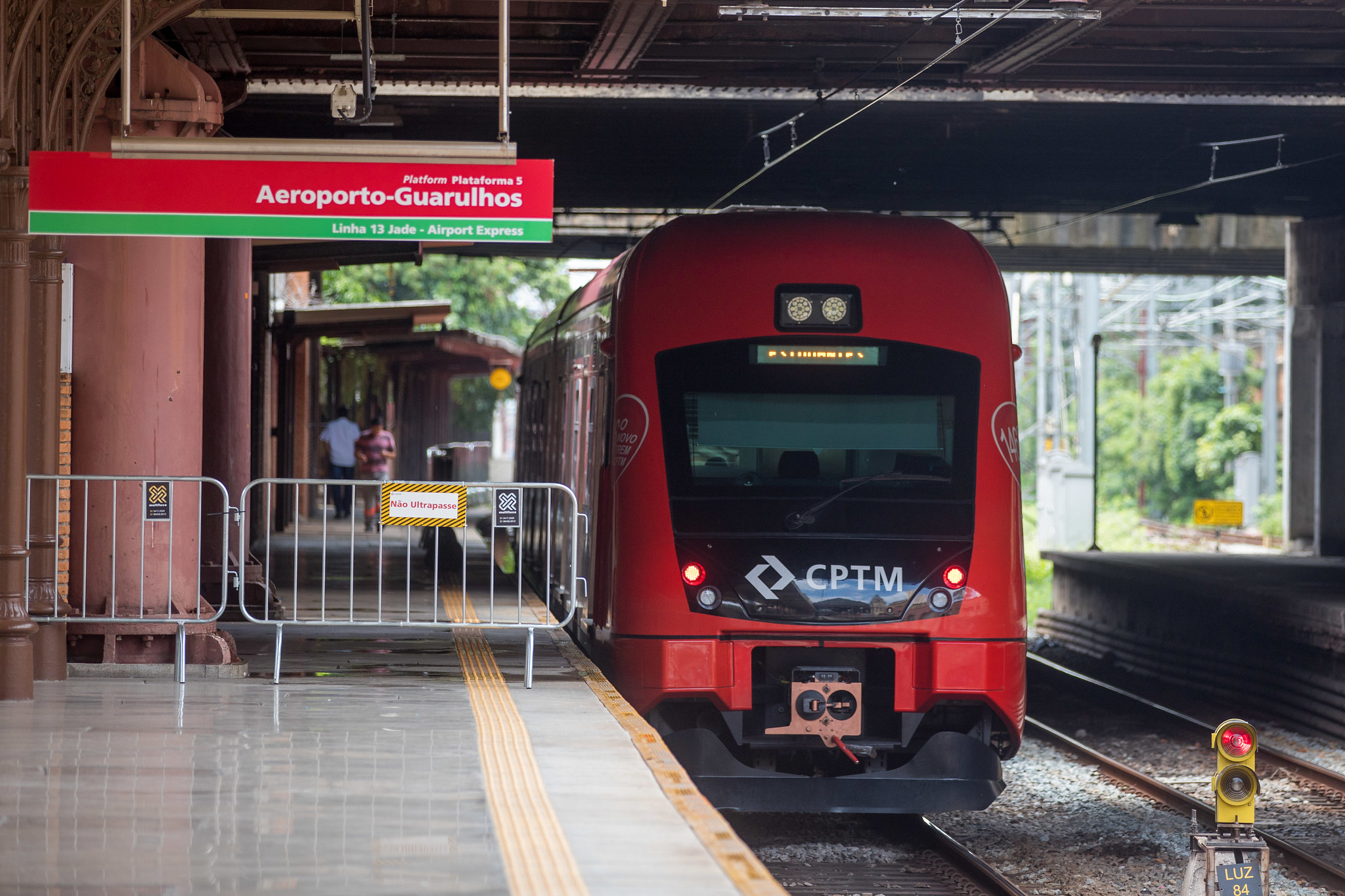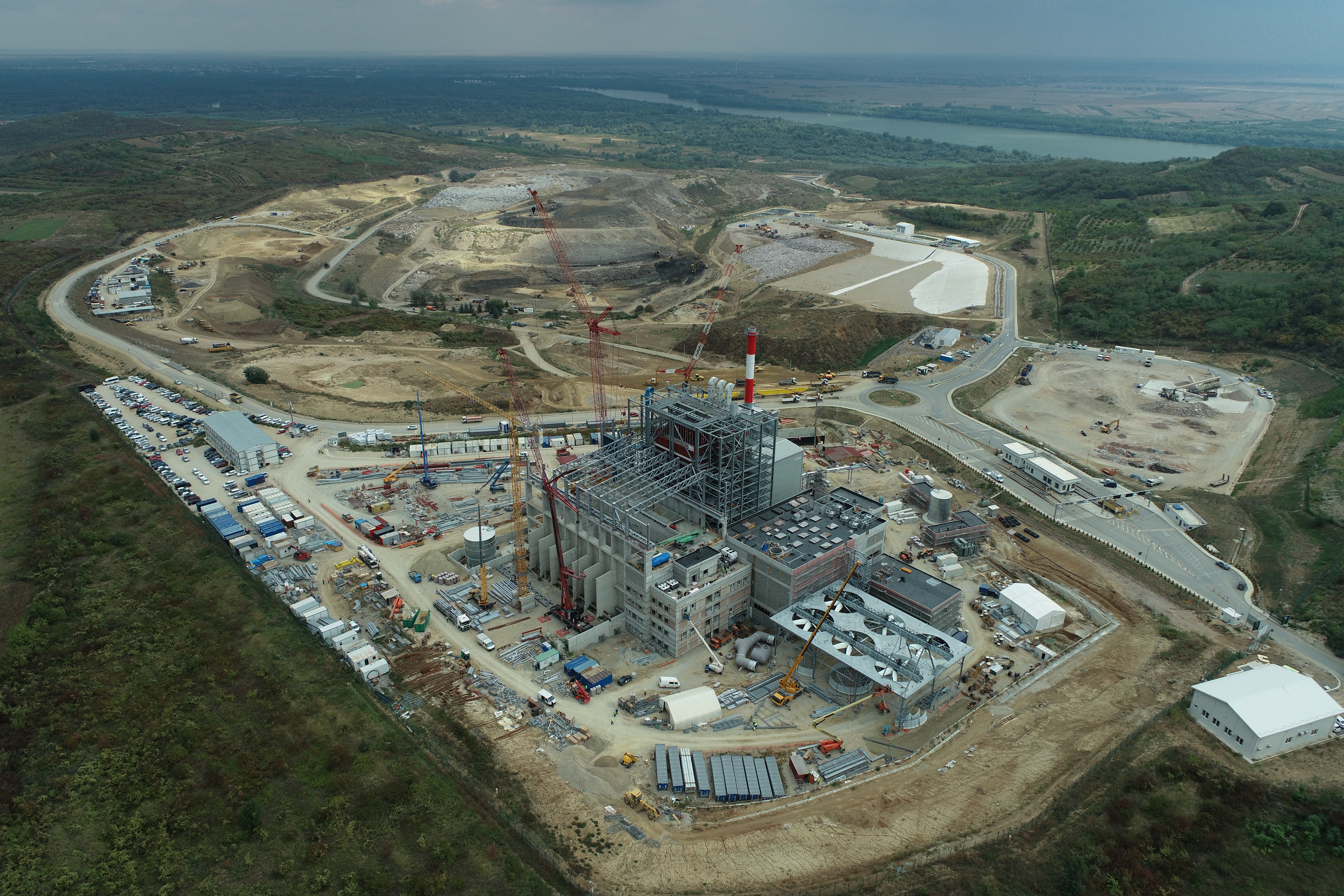283 results found
Featured results

More results
In Chicago, the local government received requests for more libraries and community spaces, however, there was little to no funding available for the projects. Combining a new public library with affordable senior housing improves the value proposition of both projects as construction costs can be shared between levels of government. The library could not have been built on its own.
Belo Horizonte faced a shortage of school buildings and only had the resources to meet approximately 35% of demand. A bundling public-private partnership (PPP) approach was used to finance, build, and equip new schools, with non-academic services operated under a PPP with a 20-year concession period.
In 2012, the Hong Kong SAR Government proposed to construct a new 12-storey, circa 59,000 m 2 hospital in Tin Shui Wai to meet a growing demand for health services. The hospital was a complex project owing to the relatively tight timeframe, and modifications that evolved from the specialised user requirements.
Sydney Metro Northwest is Australia’s first fully automated driverless metro railway. A 36 km link servicing Sydney’s north-west, it includes eight new railway stations and an upgrade to five existing stations. The Operations, Trains and Systems (OTS) component of the project was delivered under a PPP contract.
Grand Paris Express is a metro rail project being delivered by Société du Grand Paris (SGP) that will expand the Paris Metro network to approximately double its size.
Ohio State University's energy efficiency program aimed to modernise the 490-building campus. OSU entered into a concession agreement with Ohio State Energy Partners (OSEP), which provided a USD1.165 billion up-front lease payment to handle the university’s energy management and a network expansion over a 50-year concession period.
Ferry services in Sydney, Australia provide a vital public transport service. The NSW Government franchised the operations of the Sydney ferry services under a seven-year franchising agreement.
The NSW Government faced a shortage of skilled workers and an ongoing lack of workforce diversity in the infrastructure industry – particularly with respect to women, Aboriginal and Torres Strait Islander people, and apprentices. The government, in consultation with the construction industry, mandated skills, training, and employment targets for all major government infrastructure projects.
The New South Wales (NSW) Government sought to upgrade a 155 km section of the Pacific Highway between Woolgoolga and Ballina. It adopted a d elivery partner model that repackaged the works and tender packages on a trade or activity basis, for a logical sequencing of works across the entire project.
The Queensland Government needed to deliver eight new primary schools and two new secondary schools across South East Queensland to cater for up to 10,000 additional students and 650 staff as part of the growing demand for education in the region. The Queensland Government adopted a bundling approach within a public-private partnership (PPP) contract to ‘bundle’ the 10 smaller school assets under a PPP.
Rocky Flats was a United States nuclear weapons plant in Colorado. After production was halted in 1989, government agencies did not have the capability or capacity to close the plant as quickly desired. To accelerate the program and minimise cost, performance incentives were provided to the joint venture responsible for delivering the works.
In response to a 2014 Productivity Commission Inquiry into Public Infrastructure, the Australian Government and state and territory governments carried out a pilot cost benchmarking for road projects through the Bureau for Infrastructure, Transport and Regional Economics (BITRE) in co-operation with state and territory road agencies.
Objective information on upcoming project and investment opportunities in the region has historically been disparate, with differing data standards and procurement models by the Australian Federal, State and Territory, and New Zealand Governments. The Australia and New Zealand Infrastructure Pipeline (ANZIP) was developed to provide a forward view of major infrastructure projects and contracts across the two countries.
On Sao Paulo metropolitan train lines 8 and 9, a concession contract was issued for operation, maintenance, and upgrade of services and stations, and the supply of rolling stocks and signalling systems. The project attracted significant private sector participation.
Sydney Water’s new collaborative framework called ‘Partnering for Success (P4S)’ covered the appointment of long-term integrated planning partners in 2019 and a 10-year partnership with three regional delivery consortia (RDC) from 2020.
The AUD11 billion (USD8.2 billion) Melbourne Metro Tunnel Project involves the construction of twin 9 km rail tunnels through Melbourne’s central business district, in addition to five new underground stations along this route. The scope of the early works package included utility and telecommunication service relocations, site preparation works, and construction of two access shafts to allow the construction of the underground stations.
Rail Projects Victoria, a Victorian Government delivery authority, established the Victorian Tunnelling Centre (VTC), based on the Crossrail Tunnelling and Underground Construction Academy, London, to offer specialist training in the construction and operation of a variety of types of tunnels, including rail, road, and utilities tunnels.
Pre-COVID-19, two Sao Paulo metro lines carried 1 million passengers daily. A demand sharing mechanism encouraged private sector investment in the concession contract.
Coastline traffic in the State of São Paulo, Brazil, has overwhelmed road capacity. Three highway concession contracts were introduced, using a demand risk sharing mechanism and dynamic user fee model to attract private sector participation.
The Belgrade Waste-to-Energy project is cleaning up one of Europe’s largest uncontrolled landfills and constructing a new, sustainable waste-management complex. It is one of the first large-scale, bankable, private sector waste-to-energy projects in emerging markets. Using a competitive dialogue with five pre-qualified bidders, the City of Belgrade - with the support of IFC acting as a PPP advisor - could offer a bankable DBFO contract bundling the remediation of the landfill (including the management of legacy pollution) with the development of revenue-generating greenfield assets.
























